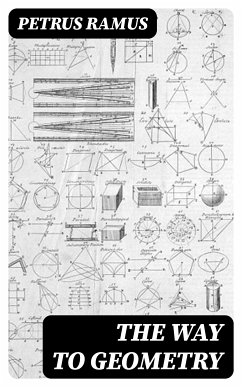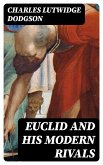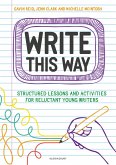Petrus Ramus' 'The Way To Geometry' is a seminal work that revolutionized the teaching of mathematics during the Renaissance period. Written in a clear and straightforward style, the book presents the principles of geometry in a logical and systematic manner, making it accessible to students of all levels. Ramus' innovative approach to education, which emphasizes practical application and problem-solving, sets this work apart from traditional mathematical treatises of the time. 'The Way To Geometry' not only teaches the fundamentals of geometry but also encourages critical thinking and creativity in its readers. Ramus' emphasis on practicality and real-world examples makes this book a valuable resource for both students and teachers alike. Petrus Ramus, a French scholar and reformer, was known for his iconoclastic views on education and his efforts to modernize teaching methods. His belief in the importance of practical knowledge and hands-on learning is reflected in 'The Way To Geometry,' where he seeks to make complex mathematical concepts accessible to a wider audience. Ramus' innovative approach to education and his contribution to the field of mathematics make him a significant figure in the history of Western thought. For anyone interested in the history of mathematics, education reform, or the Renaissance period, 'The Way To Geometry' by Petrus Ramus is a must-read. This book not only provides a solid foundation in geometry but also offers valuable insights into the evolving educational practices of the time. Ramus' clear prose and practical approach make this work relevant and engaging for contemporary readers.
Dieser Download kann aus rechtlichen Gründen nur mit Rechnungsadresse in A, B, BG, CY, CZ, D, DK, EW, E, FIN, F, GR, H, IRL, I, LT, L, LR, M, NL, PL, P, R, S, SLO, SK ausgeliefert werden.









